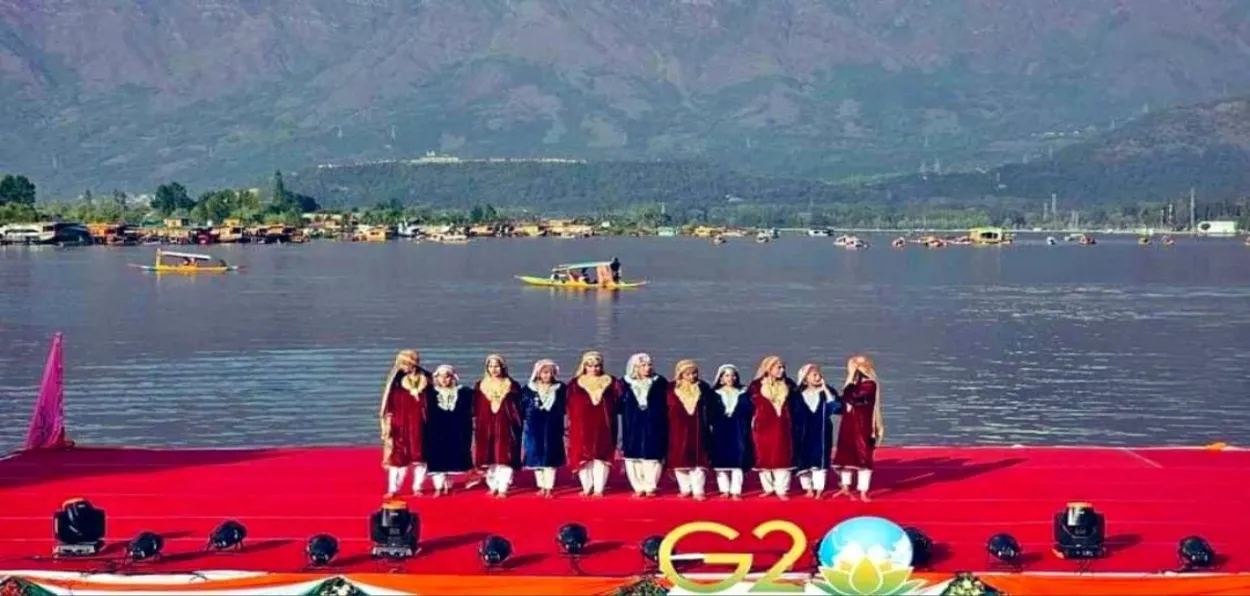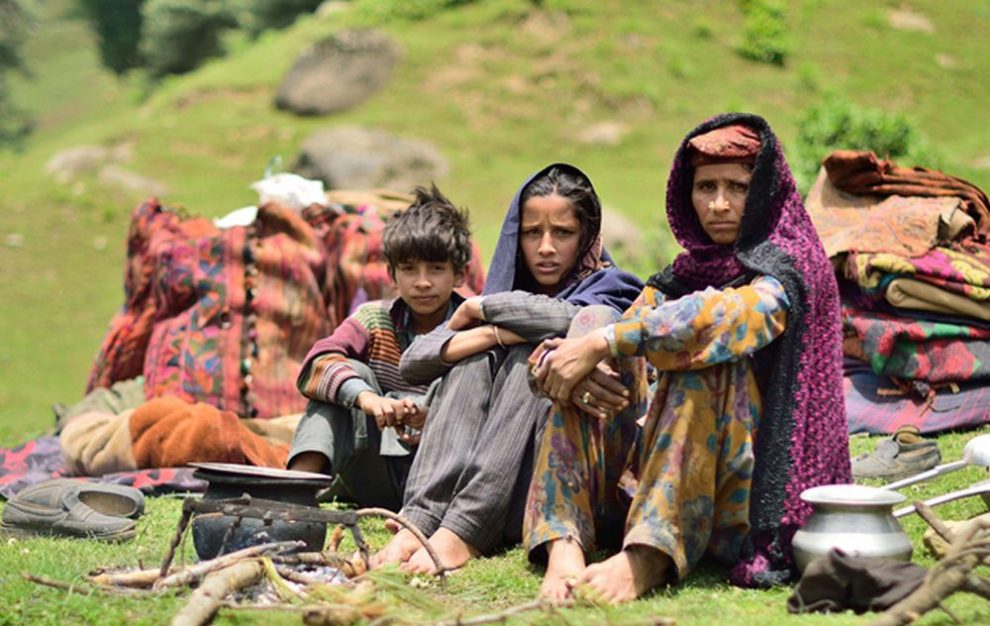
Aasha Khosa/New Delhi
On the sixth anniversary of historic changes in the erstwhile state of Jammu and Kashmir – the Abrogation of Article 370 that gave special powers to the state, including its flag, constitution, exemption from following the laws made by Parliament, and its division into two Union territories – here are 10 major changes the people of the State have gone through in this period:
Rights regime
The loud political discourse on J&K often silenced the sad story of the refugees, the Scheduled castes, women, and others who had been deprived of equal rights in J&K despite these being guaranteed by the Indian constitution. The suspension of the special powers of J&K gave a new life to the Valmiki community, refugees of the partition and subsequent wars with Pakistan, and above all, the valiant Gorkha community. These communities of about 3 lakh people had been deprived of citizenship rights, jobs, and land ownership by the J&K regime. According to Home Minister Amit Shah, who spoke in Lok Sabha in 2021, 2642 Valmiki families, 592 Gurkhas, and 43 other families had been provided domicile certificates.
Special rights of Tribals
Jammu and Kashmir has a big population of tribal communities – Gujars, Bakerwals, and the recently added Pahadis. The Gujjars and Bakerwals live off the land in forests, and yet they did not get the benefit of the Forest Rights Act, which changed the lives of 8 crores tribal people in India. The law, now applicable to J&K, is being implemented, and forest dwellers and those dependent on it have been given the rights to the land they have lived on for generations. This was something unimaginable for these communities before the abrogation of J&K's special powers.
 Gujjar and Bakeral women
Gujjar and Bakeral women
Women’s Rights
For seven decades, women in J&K faced a strange situation wherein they were legally discouraged from marrying outsiders. The Men had no such restriction. This meant that a J&K-born woman marrying an outsider – even an Indian – would lose her right to be a permanent citizen (of J&K), her government job, and be denied admission into a higher educational institution and inherit property. As against this, even a foreigner married to a J&K man was entitled to become a citizen of J&K. This discriminatory regime is dead, thanks to the change of the status of J&K.
Rapid development
J&K lagged in development due to disturbances and terrorism for three decades. It coincided with the period when infrastructure development and industrialization were going on at a feverish pitch in the rest of India. The Delhi-to-Kashmir railway line has already changed the lives of the people of J&K; it has shown them possibilities and opportunities thrown by seamless travel and development in both the Jammu and Kashmir regions.
The suspension of the Indus Waters Treaty by the Narendra Modi government is expected to pave the way for more power generation from rivers in J&K, and this, in turn, would lead to industrialization and more business opportunities.
Drastic drop in violence
Life has returned to normal in Srinagar and most of the Valley as regular hartals called by the Hurriyat Conference have become a thing of the past. According to authorities, there is a 90 percent fall in the casualties of civilians across Kashmir. People are enjoying normal life and looking forward to securing jobs, launvhing ventures, and a bright future.
Many NRIs are returning home to launch their agri businesses and other ventures.
No confusion
The young Kashmiris are gradually coming out of the idea that they are entitled to more political rights than the people of the rest of India. The narrative of special status had fuelled secessionist sentiments in the Valley, and politicians exploited it further. It's heartening to see children attending school round the year, locals venturing out in parks and going on family picnics, and doing all the normal things they missed during three decades of terrorism. The huge participation in local, state, and parliamentary elections is proof of people's faith in the system.
People moving around freely in Srinagar's Polo View Market at night
Sending the Right signal
The move sent the right signals to Pakistan, which has used the ‘special status of J&K’ to whip up anti-India sentiments and lure the local youth into terrorism and waging its proxy war against India in J&K. The world soon realised how the special status of J&K was not helping the people and that it was being used as a cover by the elite to live a comfortable life and not be accountable to either New Delhi or the people of J&K. This understanding promoted by the campaign launched by our envoys across the world and the visit of the Delhi-based envoys to J&K changed the perception about Kashmir.
No funerals for terrorists
The biggest change that observers saw and has helped in eneutralising the pro-terror ecosystem in Kashmir is the ban on the grand funeral ceremonies of terrorists killed by security forces. These hugely attended funerals, till six years ago, had romanticised terrorism and motivated youth to join a terrorist organisation. The bodies of the local terrorists are now buried in the presence of their families. Those of foreign terrorists are also given a quiet funeral by the security forces in the presence of a Moulvi.
Kashmir no longer sees stone-throwing armies of youth out on the roads. Tthere is a 90 percent fall in the recruitment of locals in terrorist organizations. Organisations like the Hurriyat Conference vanished overnight.
Focused counterterrorism approach
With J&K becoming a Union territory, the law and order and the campaign against Pakistan-sponsored terrorism have become the sole responsibility of the center. No longer can the State or the center blame each other for lapses or a lack of synergy among forces on this front. This approach is helping in the elimination of terrorism at a rate never before.
ALSO READ: Article 370 going ended the anti-women inheritance regime of J&K
Tourism
Kashmir became the venue for big international events like the G-20 summit programmes after a long time. As a result, tourism flourished during these six years as a record number of tourists visited Kashmir. This flow has slowed down with Pakistani terrorists killing 26 tourists in Pahalgam on April 22. Delhi’s commitment to peace and progress in J&K was evident in the way India retaliated with Operation Sindoor to teach Pakistan a lesson in retaliation for the Pahalgam massacre.
